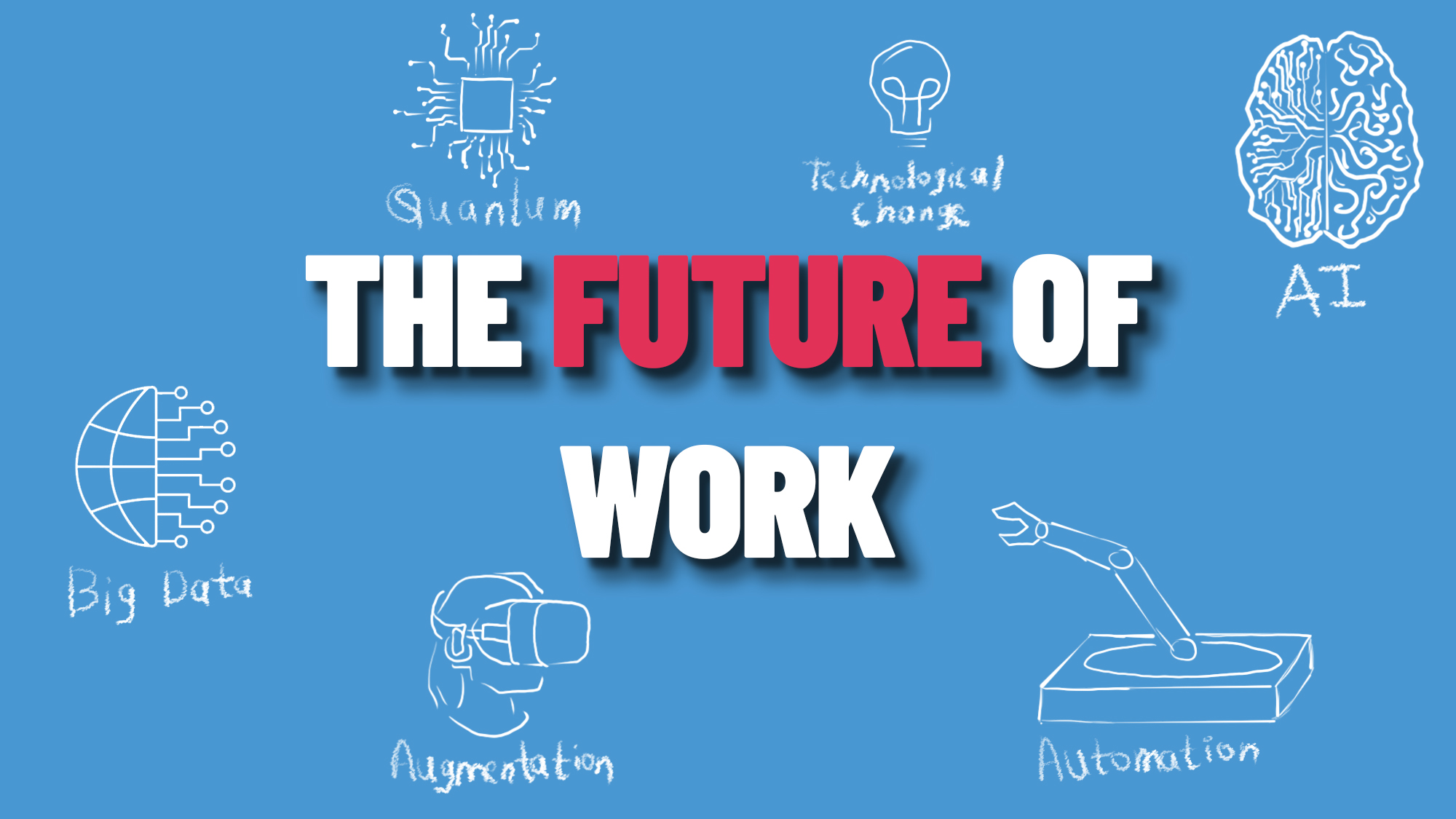Innovation is the driving force behind progress, and throughout history, some individuals have stood out as extraordinary innovators who transformed the world. From groundbreaking inventions to paradigm-shifting ideas, these visionaries have left behind not only remarkable achievements but also valuable lessons about creativity, perseverance, and leadership.
In this article, we’ll explore the lives and contributions of history’s greatest innovators and uncover the lessons they offer to aspiring changemakers today.
1. Leonardo da Vinci: The Power of Curiosity
Leonardo da Vinci, the quintessential Renaissance man, was a painter, scientist, inventor, and engineer. His insatiable curiosity drove him to explore diverse fields, from anatomy to hydraulics, and his observations laid the groundwork for many modern advancements.
Key Lesson: Never Stop Asking Questions
Da Vinci’s notebooks reveal a relentless quest for knowledge, filled with sketches and questions about the natural world. He believed that understanding the intricacies of life required constant inquiry.
How to Apply It:
- Cultivate curiosity in everyday life by exploring topics outside your comfort zone.
- Ask “why” and “how” about the things you encounter, whether at work or in nature.
Example: Innovators in fields like AI and biotechnology often combine knowledge from multiple disciplines, echoing Da Vinci’s interdisciplinary approach.
2. Thomas Edison: Persistence Is Key
Thomas Edison, known for inventing the light bulb, phonograph, and motion picture camera, epitomized perseverance. He held over 1,000 patents, but his success came only after countless failures and experiments.
Key Lesson: Embrace Failure as Part of the Process
Edison famously said, “I have not failed. I’ve just found 10,000 ways that won’t work.” This mindset allowed him to view setbacks as stepping stones to success.
How to Apply It:
- Reframe failures as learning opportunities rather than defeats.
- Set long-term goals and break them into manageable steps, iterating as needed.
Example: Entrepreneurs launching startups often face multiple failures before finding a winning formula, as Edison did.
3. Marie Curie: Dedication to Purpose
Marie Curie, the first woman to win a Nobel Prize and the only person to win in two scientific fields (Physics and Chemistry), exemplified dedication. Her pioneering research on radioactivity required years of tireless effort and often dangerous work.
Key Lesson: Stay Committed to Your Mission
Curie’s determination to understand the properties of radioactive elements was driven by her passion for science and its potential to improve humanity.
How to Apply It:
- Define your purpose and let it guide your efforts, even in the face of obstacles.
- Focus on making incremental progress while keeping the bigger picture in mind.
Example: Modern innovators like Elon Musk demonstrate Curie’s relentless focus, dedicating themselves to transformative goals like sustainable energy and space exploration.
4. Nikola Tesla: Vision and Originality
Nikola Tesla, the brilliant inventor behind alternating current (AC) electricity, wireless communication, and numerous other technologies, was known for his visionary thinking. Tesla often visualized his inventions in extraordinary detail before bringing them to life.
Key Lesson: Think Big and Dare to Be Original
Tesla’s ability to imagine the future set him apart. Despite facing skepticism, he pursued bold ideas that ultimately shaped modern technology.
How to Apply It:
- Allow yourself to dream big without fear of judgment or failure.
- Nurture creativity by giving yourself time and space for free thinking.
Example: Visionaries like Steve Jobs followed Tesla’s path, combining originality with a willingness to challenge the status quo.
5. Rosa Parks: Quiet Leadership and Courage
While not an inventor in the traditional sense, Rosa Parks sparked a social innovation by refusing to give up her bus seat, igniting the Civil Rights Movement. Her quiet courage inspired collective action and systemic change.
Key Lesson: Small Acts Can Spark Big Change
Parks demonstrated that even small, seemingly insignificant actions could have far-reaching consequences when aligned with a greater cause.
How to Apply It:
- Identify areas in your community or workplace where change is needed.
- Take meaningful steps, no matter how small, toward driving that change.
Example: Leaders in corporate social responsibility often start with small initiatives that grow into global movements.
6. Albert Einstein: Value Simplicity
Albert Einstein, one of history’s greatest scientific minds, had a knack for simplifying complex ideas. His theory of relativity revolutionized physics, but he explained it in ways that even non-scientists could understand.
Key Lesson: Simplify to Amplify
Einstein famously said, “If you can’t explain it simply, you don’t understand it well enough.” Simplicity in communication makes even the most complex ideas accessible and impactful.
How to Apply It:
- Focus on clarity when presenting your ideas or solutions.
- Strip away unnecessary details to highlight the core message.
Example: Tech companies like Apple follow Einstein’s philosophy, designing user-friendly products with intuitive interfaces.
7. Katherine Johnson: Precision and Collaboration
Katherine Johnson, a trailblazing mathematician at NASA, played a pivotal role in space exploration, including calculating trajectories for the Apollo missions. Her attention to detail and ability to collaborate made her indispensable.
Key Lesson: Precision and Teamwork Lead to Success
Johnson’s work highlights the importance of accuracy and the power of collaboration in achieving ambitious goals.
How to Apply It:
- Prioritize accuracy and thoroughness in your work, no matter the task.
- Build a network of collaborators who share your vision and complement your skills.
Example: In fields like medicine and engineering, teamwork and precision are critical for breakthroughs, just as they were for Johnson.
8. Oprah Winfrey: Resilience and Reinvention
Oprah Winfrey overcame significant challenges, including poverty and discrimination, to become one of the most influential media moguls in history. Her ability to connect with audiences and reinvent herself has made her a household name.
Key Lesson: Turn Adversity into Opportunity
Winfrey’s journey is a testament to resilience and the ability to adapt to new challenges and opportunities.
How to Apply It:
- Embrace change and use setbacks as opportunities for growth.
- Continuously evolve by learning new skills and exploring untapped potential.
Example: Modern innovators in the gig economy often pivot and reinvent their careers to stay relevant, following Oprah’s example.
Common Threads in Innovation
The lives of history’s greatest innovators reveal common principles that can inspire us today:
- Curiosity and Exploration: Never stop learning or questioning the world around you.
- Persistence and Hard Work: Success often requires countless iterations and unwavering dedication.
- Vision and Originality: Dare to think differently and imagine what’s possible.
- Collaboration and Communication: Work with others and convey your ideas clearly.
- Resilience and Adaptability: Overcome setbacks and adapt to changing circumstances.
Conclusion: Learning from the Past to Shape the Future
The stories of history’s greatest innovators remind us that success is not the result of luck but of curiosity, hard work, and an unwavering belief in possibility. Whether you’re an aspiring entrepreneur, a student, or a leader, these lessons can serve as a roadmap for your journey.
By embracing the principles of vision, perseverance, and resilience, you too can leave a lasting impact on the world. Remember, innovation isn’t limited to grand inventions—it’s about finding creative solutions to everyday problems and inspiring others to do the same.
Discover more from Personal Blog of Richard Tong
Subscribe to get the latest posts sent to your email.




